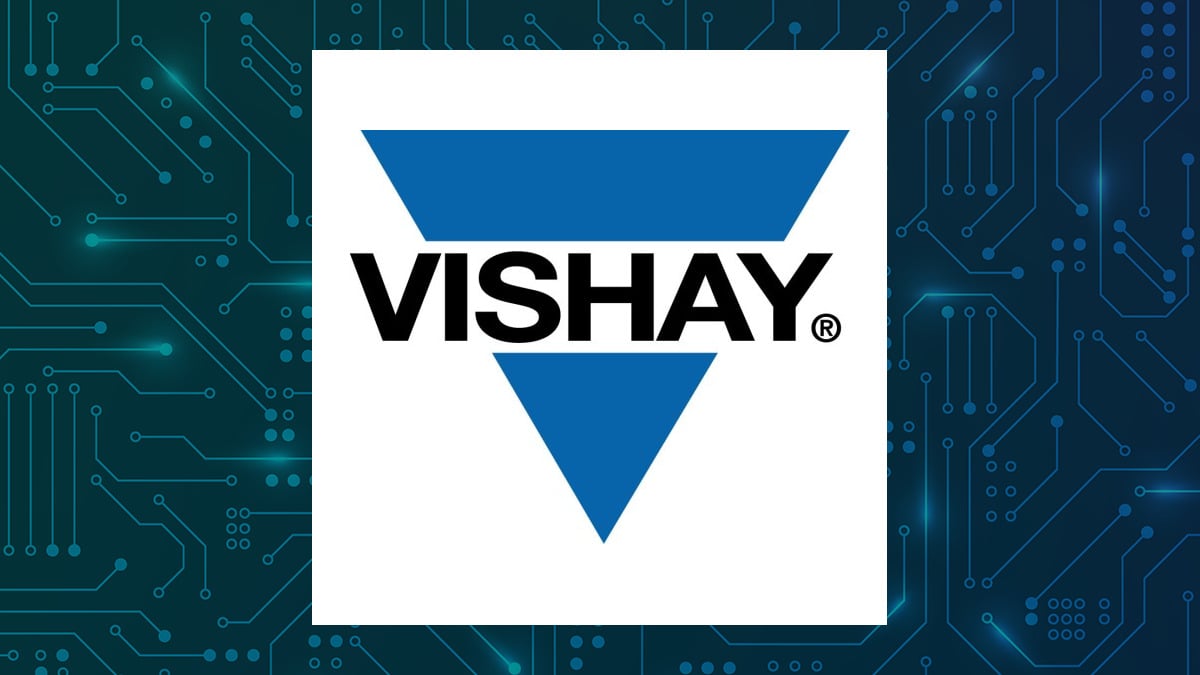Vishay Intertechnology, Inc. (NYSE: VSH) announced that it had to perform an interim goodwill impairment test for its MOSFETs reporting unit as of the end of the fourth fiscal quarter of 2024. Following a recoverability test of certain long-lived assets within the unit, the company determined the need for a non-cash goodwill impairment charge amounting to $66.5 million to write off the goodwill associated with the MOSFETs reporting unit. No impairments were identified for other long-lived assets tested for recoverability. Additional details regarding this impairment charge will be provided in Vishay Intertechnology’s upcoming Annual Report on Form 10-K.
The company issued a press release on February 5, 2025, disclosing its financial results for the fiscal quarter and year ended December 31, 2024. The press release, attached as Exhibit 99.1 in the current report, outlines the impacts of the impairment charge and sheds light on the company’s financial performance and operations.
This information was disclosed in a Form 8-K filing with the Securities and Exchange Commission on February 5, 2025.
91-1
This article was generated by an automated content engine and was reviewed by a human editor prior to publication. For additional information, read Vishay Intertechnology’s 8K filing here.
About Vishay Intertechnology
Vishay Intertechnology, Inc manufactures and sells discrete semiconductors and passive electronic components in Asia, Europe, and the Americas. The company operates through Metal Oxide Semiconductor Field Effect Transistors (MOSFETs), Diodes, Optoelectronic Components, Resistors, Inductors, and Capacitors segments.
See Also
- Five stocks we like better than Vishay Intertechnology
- Are These Liquid Natural Gas Stocks Ready For An Upside Bounce?
- Atlassian: Upside Still in Play After Impressive Earnings Spike
- How to Effectively Use the MarketBeat Ratings Screener
- Rocket Lab’s Growth Strategy: Small Rockets, Massive Potential
- TSX Venture Exchange (Formerly Canadian Venture Exchange)
- Goldman Sachs vs. Morgan Stanley—Which Stock Has More Upside?

